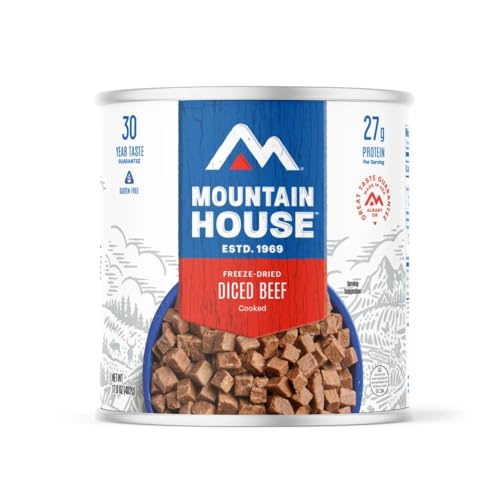- Joined
- Sep 19, 2018
- Messages
- 2,530
- Reaction score
- 1,286
Bob Vila is the last person you want to use for pay reference, since This OLd House was based in/near Boston (New England for sure). Historically the priciest area in the U.S. (pre-internet days). Maybe he left New England.
I think my son is making about $55 an hour in eastern Washington State as a builder (roofing, framing, drywall, concrete). You gotta be in a large metro area and be union. He is rural and not in a union.
I think my son is making about $55 an hour in eastern Washington State as a builder (roofing, framing, drywall, concrete). You gotta be in a large metro area and be union. He is rural and not in a union.










































































